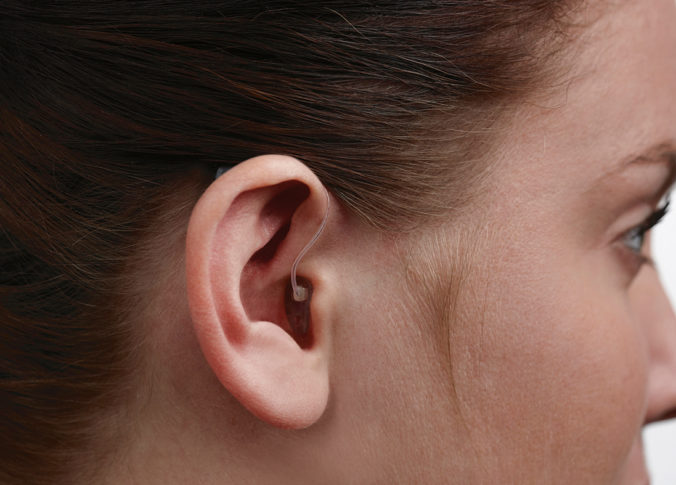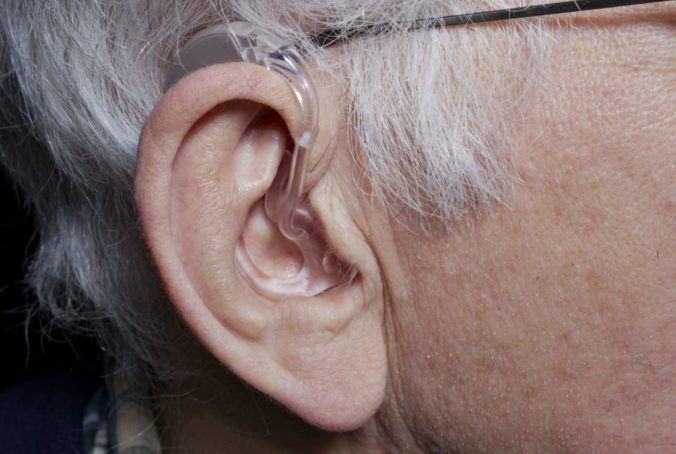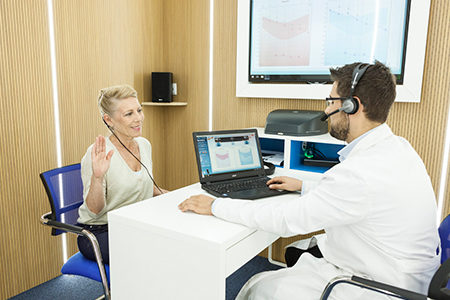Getting used to wearing a hearing aid takes time as our ears and brain need to adapt to it and learn how to hear again. Meanwhile, new users inevitably have some doubts and questions on how their new device works or how to clean and maintain it.

Actualidad y consejos sobre salud auditiva / News and tips on hearing health

Getting used to wearing a hearing aid takes time as our ears and brain need to adapt to it and learn how to hear again. Meanwhile, new users inevitably have some doubts and questions on how their new device works or how to clean and maintain it.

A hearing aid will only be prescribed following a hearing assessment by an ENT specialist and must be fitted and adapted by a hearing aid specialist. Below we explain the different types of hearing aids currently available on the market and some of the symptoms you need to be watchful for if you think you need to have one fitted.

While this is probably one of the least known medical positions, it is also one that will play a pivotal role in the future. Below we explain what an hearing aid specialist is, and what they do.
© 2025 Blog of Kiversal
Theme by Anders Norén — Up ↑